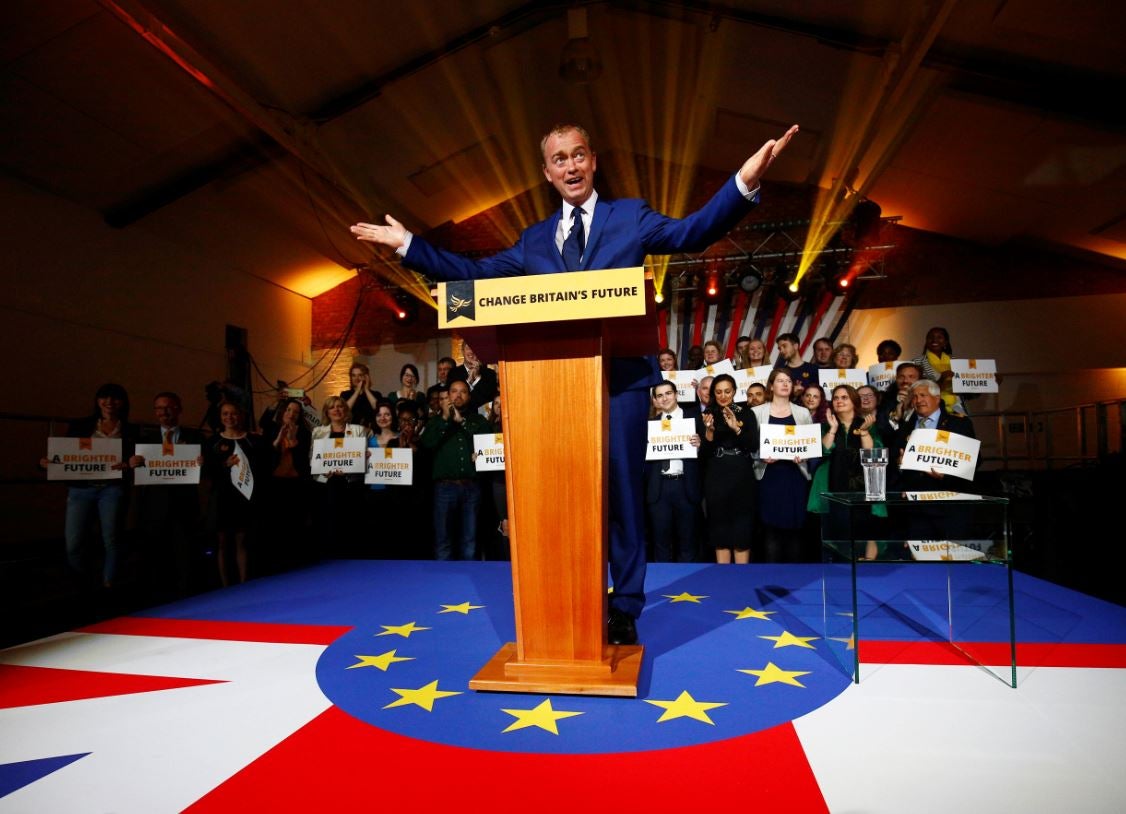
The Financial Times has endorsed the Conservatives despite its strong opposition to Britain leaving the European Union.
At the last general election it backed a continuation of the Conservative-Liberal Democrat coalition.
The Economist, another bastion of liberal free-market economics, has given its backing to the Liberal Democrats.
The left-leaning New Statesman has published its election leader reaffirming its opposition to Corbyn but urging its readers to back their local Labour MPs in order to avoid a Tory landslide.
In its leader the FT has little enthusiasm for Theresa May, but says that the alternative is worse: Mr Corbyn is a fringe figure who has spent his entire political career in opposition — to his own Labour leadership. Despite his recent media makeover, he is a pacifist relic of the 1970s, in hock to the trade unions, with no grip on economic issues. It is no accident that the arrival of Mr Corbyn and his hard-left supporters in mainstream politics has coincided with a revival of anti-Semitism and misogyny. Labour’s team is unfit for government, let alone the delicate Brexit talks.”
The New Statesman has urged its readers to back local Labour candidates in order to avoid a Tory landslide: “The New Statesman Britain does not have a presidential system. When we cast our vote at an election we do so for an individual candidate in a particular constituency.
“Many admirable Labour candidates are struggling to hold on to their seats – including, at random, Jon Cruddas in Dagenham, Holly Lynch in Halifax, Jess Phillips in Birmingham Yardley, Alison McGovern in Wirral South, Peter Kyle in Hove and Wes Streeting in Ilford North – because of the invidious position they have been put in by the party’s leadership.
“So when you cast your vote on 8 June remember that you are voting not for a party leader but for an individual candidate. That distinction matters.
“A Tory landslide victory will only embolden the free-market fundamentalists, self-satisfied politicians such as Boris Johnson, and the virulent right-wing press.”
Meanwhile, The Economist (which has a far greater circulation in the UK than both the New Statesman and the FT) has backed the Liberal Democrats (despite their current low standings in the opinion polls).
It said: “No party passes with flying colours. But the closest is the Liberal Democrats. Brexit is the main task of the next government and they want membership of the single market and free movement. (Their second referendum would probably come to nothing, as most voters are reconciled to leaving the EU.) They are more honest than the Tories about the need to raise taxes for public services; and more sensible than Labour, spreading the burden rather than leaning only on high-earners. Unlike Labour they would reverse the Tories’ most regressive welfare cuts. They are on the right side of other issues: for devolution of power from London, reform of the voting system and the House of Lords, and regulation of markets for drugs and sex.”
The UK’s best-selling regional newspaper, the Wolverhampton-based Express and Star, has said it favours Theresa May as prime minister in a leader column: “…one thing has remained crystal clear – Theresa May will make a far superior Prime Minister than Jeremy Corbyn.
“Her gracious, statesmanlike manner befits the office of Prime Minister in a way that Mr Corbyn’s ‘old school commie’ persona can never do.
“In a similar way to that other suspect avuncular far-left mouthpiece Ken Livingstone, Mr Corbyn in recent days has presented himself as a peace-loving, genial and harmless individual. But like Mr Livingstone, he is nothing of the sort.
“Given his previous relationships with terrorist organisations, his anti-monarchist views and his economic policies of the madhouse, he is far from harmless.”
The Guardian repeated its 2015 general election endorsement and backed Labour.
“Labour’s leader has had a good campaign. He has been energetic and effective on the stump, comfortable in his own skin and in the presence of others. He clearly likes people and is interested in them. He has generated an unfamiliar sense of the possible; once again, people are excited by politics. The campaign itself has been unexpectedly strategic, based on a manifesto adroitly pitched both at energising Labour’s base and the under-35s, who have responded with rare enthusiasm. That manifesto quickened political pulses. It’s not perfect – it over-emphasises the state and fails to tackle Tory benefit cuts – but it is a genuine attempt to address a failing social and economic model. In many ways, it is a painful reminder of how much of our collective sense of social justice and community spirit has been lost since 2010. Labour has set the terms of the political debate: most notably with a Keynesian response of increasing public investment, and increasing public spending financed by higher taxes, to stimulate the economy so that the country ends up wealthier than anything proposed under Tory plans.”
Email pged@pressgazette.co.uk to point out mistakes, provide story tips or send in a letter for publication on our "Letters Page" blog
